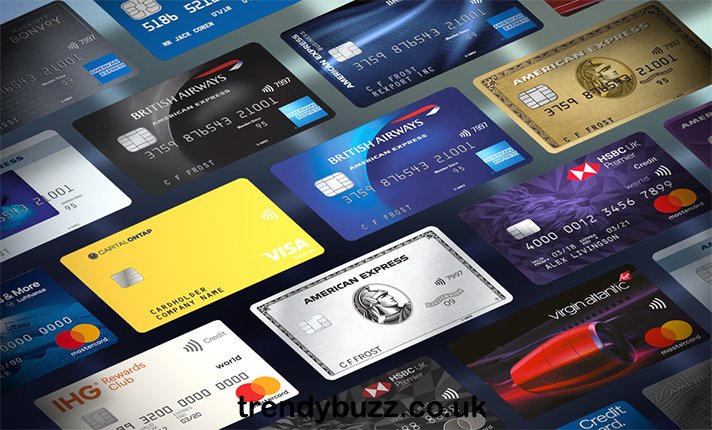Why this matters
Picking a credit card in the UK is not about finding a single “best” product. It is about matching a card’s features to your needs. Do you want to clear debt without interest, avoid charges abroad, earn cash back on everyday spending, or rebuild your credit score? Getting that decision right can save you hundreds of pounds a year and protect your credit rating.
How to set your goal first
Start by being honest about what you will actually use the card for. If you expect to carry a balance for a short time, a long 0% balance transfer could be the most valuable tool. If you always pay in full, a cashback or rewards card may be worth it. If you travel a lot, look for no foreign transaction fees and travel-friendly perks. These priorities determine which numbers and fees deserve your attention.
0% balance transfers: when they help (and when they do not)
Balance transfer cards let you move existing credit card debt onto a new card that charges no interest for a set introductory period. That can be a fast route to repaying debt if you stick to a repayment plan. Current market leaders regularly offer very long interest-free windows that exceed two years, but the offers change often and typically come with a transfer fee. Treat the transfer fee and the post-promo APR as part of the math before you move money. Use a repayment schedule that finishes before the 0% term ends; otherwise the remaining balance will be charged at the standard rate.
0% on purchases: a disciplined way to spread cost
Some cards provide an introductory 0% on purchases rather than or as well as balance transfers. That is useful for planned large purchases you can pay off over months without interest. The same rule applies: only pick this route if you can realistically pay the balance before the promotional window closes. Many issuers also place limits or conditions on transfers and purchases, so read the terms closely before you apply.
Cashback and rewards: keep it simple
If you rarely carry a balance, a cashback or rewards card can deliver real value. Flat-rate cashback cards are often the easiest to manage because you do not need to track specific categories. Points cards can be valuable but the real value of points varies and can be eroded by partner restrictions or redemption fees. Remember that interest wipes out most reward benefits, so use reward cards only if you reliably pay in full. Recent market write-ups point to a handful of straightforward cashback cards and a few specialist reward products that lead in particular niches.
Travel and overseas spending
If you spend abroad, check whether the card charges foreign transaction fees. Even small percentage fees add up on holidays and overseas shopping. Some newer cards are explicitly marketed with fee-free overseas spending and travel benefits, and banks occasionally launch travel-focused offers aimed at frequent flyers and holidaymakers. If you travel often, weigh the annual fee (if any) against the likely savings on fees and the value of included perks.
Low-rate and credit-building cards
A low-rate card can be useful if you expect to carry a persistent small balance, while credit-builder cards exist for people with thin or damaged credit histories. Credit-builder products often have higher charges or lower limits, but they report to credit reference agencies so they can help you rebuild if you make payments on time. Use eligibility checkers to avoid unnecessary hard searches when you are unsure of approval odds.
How to compare cards the practical checklist
When you compare options, look at these items in this order: introductory period length, balance transfer fee, representative APR after the introductory term, annual fee, foreign transaction fees, and the real return on any rewards. Also check restrictions that could void an introductory rate, such as late payments or missed minimums. Use reputable comparison tools and eligibility calculators to shortlist cards you are likely to be accepted for. Which? and other expert reviewers publish regular roundups that make side-by-side comparisons simple.
Common traps to avoid
Do not treat introductory offers like free money. Missing a repayment or misunderstanding a transfer fee can wipe out the benefit. Avoid cash withdrawals on credit cards — they usually trigger immediate fees and interest. Don’t apply for multiple cards in quick succession because repeated hard searches can lower your score. Finally, remember that the “best” card today may not be the best in a year — market leaders change their deals frequently.
Where to start right now
Decide your main goal (debt reduction, travel, rewards, or rebuilding credit), run a soft-search eligibility check on comparison platforms, and read the full terms and conditions of any card you shortlist. If you want, tell me which of these goals matters most to you and I will pull the current top three options that match your needs.
Final thought
There is no universal best credit card in the UK. There are good cards for specific purposes. Match the card to your plan, use comparison and eligibility tools to avoid wasting applications, and treat promotional deals as time-limited tools rather than permanent solutions. Done right, a credit card can save you money, not cost it.
